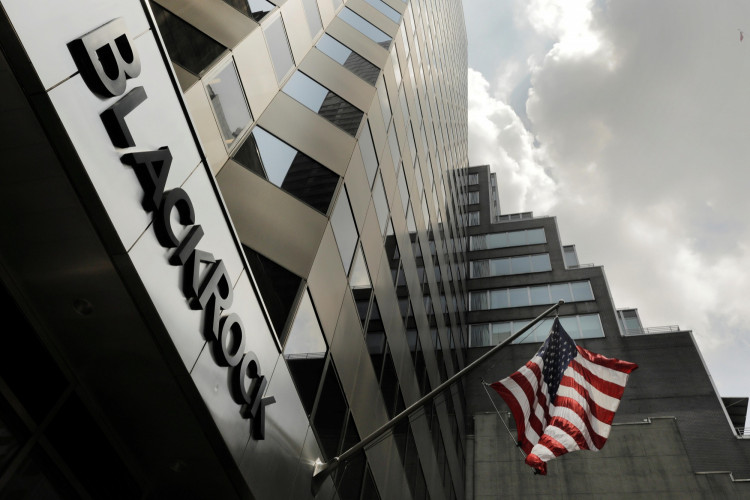The Texas Permanent School Fund (PSF) announced on Tuesday that it is terminating its contract and pulling $8.5 billion in state money from BlackRock. The decision comes amid accusations that BlackRock is engaged in boycotting fossil fuel energy producers, a vital part of Texas's industry and a significant contributor to the state's public school funding.
Aaron Kinsey (R), head of the state board of education, stated that BlackRock's "dominant and persistent leadership" in the environmental, social, and governance (ESG) movement "immeasurably damages our state's oil & gas economy and the very companies that generate revenues" for the PSF. The fossil fuel industry contributed approximately $26 billion in state and local taxes in 2023, with roughly $1.8 billion going into the fund, which accounts for about 80 percent of the $2.2 billion annual budget for K-12 schools.
The move to pull PSF investments from BlackRock is in compliance with a 2021 Texas law that requires state agencies to divest from fund managers accused of boycotting energy companies. Kinsey told Reuters, "That money originates from the oil and gas industry primarily... if there's no income, no billion dollars a year from oil and gas, that's a problem for our fund, obviously an existential long-term risk."
BlackRock has denied the accusations, stating that the decision "ignores our $120 billion investment in Texas public energy companies and defies expert advice." The firm's CEO, Larry Fink, recently visited Texas in February, co-producing an energy event with Lt. Gov. Dan Patrick (R) and offering to help the state find capital to build new gas plants. Despite this, Texas comptroller Glenn Hegar (R) placed BlackRock on a list of companies out of compliance with the state's anti-boycott law in October 2023.
Adrian Shelley, director of the left-leaning nonprofit Public Citizen, criticized the move, arguing that it amounts to a government mandate to support the fossil fuel industry. "The state is essentially saying private companies must invest in fossil fuels to do business with the state," Shelley said. "It's injecting strong-arm political tactics into a fund that benefits public schools."
BlackRock has faced similar controversies in other Republican-run states over its ESG investing practices. However, the firm maintains that the $8.5 billion pulled by the Texas school fund is a small fraction of the $10 trillion in assets it manages. CEO Larry Fink has previously stated that BlackRock had lost around $4 billion due to the political backlash, but this was dwarfed by net inflows to the company.
In an effort to address the criticism, Fink has said he would stop using the term "ESG" and hosted a summit with state officials in Houston last month focused on investing in the state's infrastructure. Despite these efforts, the termination of the PSF contract highlights the ongoing tensions between asset managers and conservative politicians over ESG investing practices.
The decision by the Texas Permanent School Fund to pull its investments from BlackRock has far-reaching implications for both the asset manager and the state's public schools. As the controversy surrounding ESG investing continues to unfold, it remains to be seen how other states and investment firms will navigate the complex intersection of politics, finance, and environmental concerns.
With the loss of the $8.5 billion contract, BlackRock faces not only financial repercussions but also the challenge of maintaining its reputation and balancing the demands of its clients with the growing pressure from conservative politicians. As the debate over ESG investing intensifies, the future of asset management and the role of politics in financial decision-making hang in the balance.





